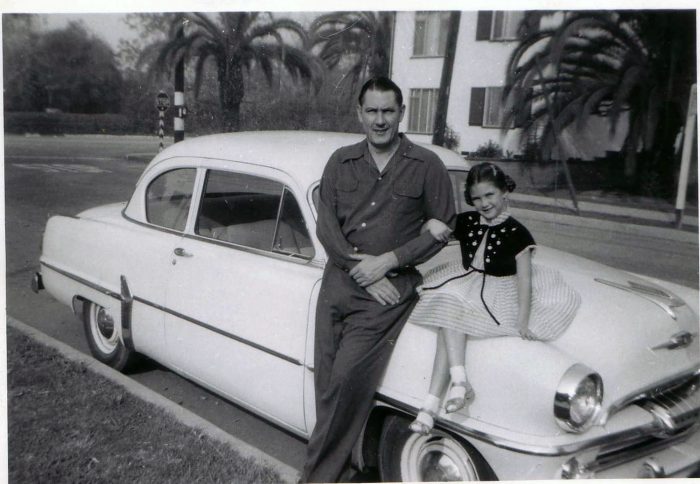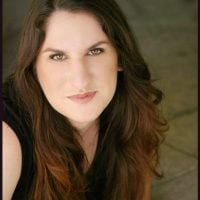Who is the longest-living person you know?
For me, it’s my grandpa who died at the age of 102 and a half.
I mention the half because when you’ve lived that long, you deserve every single day to be counted.
A few years after we arranged full-time care for my grandpa, it was decided his body would be donated to science—specifically to UCLA’s Body Donation program.
For places like UCLA’s teaching medical school, body donation is a sacred gift received with the utmost respect, honor, and gratitude.
The donated bodies are used for years in the education and research divisions of the medical program.
Students learn anatomy, disease treatment and prevention, diagnosis, and a wealth of other knowledge, which will help every patient they treat in their professional career.
When the bodies have served their purpose, they are cremated and the ashes are scattered in the ocean.
UCLA hosts a memorial and dedication ceremony for the families of the donations.
Today, my mom and I watched as the staff, faculty, and medical students shared stories and observations about their education and how it has been impacted by our loved ones.
Something struck me as we were watching. There was a deep reverence for the cycle of life and the idea that our loved ones’ bodies will help countless people who are treated by these future doctors.
Someone who is born 20 years from now could be helped by the education these doctors received while learning from our loved ones.
As the students read speeches, poems, and sang a few songs expressing what the body donation program had contributed to their education, it hit me how connected we all are.
My grandpa’s body served these students, and they will serve future patients. My grandpa will be a part of that.
One student shared, “Your loved one will be on my mind with every patient I treat.” That is so profound, it gives me chills.
The director of the program talked about the respect and honor the students show the donated bodies and how reverence is top of mind with each member of the faculty and staff.
Another student shared that after each class, he said a silent “thank you” to the person he had the opportunity to learn from that day.
Knowing my grandpa was in these capable hands made his legacy even more awesome. I’m glad he got to be a part of paying it forward in this important way.
After this experience, I’ve decided that my body will also be donated to science. What a beautiful way to continue to contribute.
Are you interested in body donation for yourself or a loved one and want to learn more? To learn more about the program at UCLA, you can visit here. To learn more about body donation in general and what other facilities participate, a quick Google search will bring up lots of info. To learn more about alternative types of burial, I highly recommend the book Stiff by Mary Roach.
Deciding what will happen to your body after death is a deeply private and personal choice.
The one thing to keep in mind is there are ways to be of use even after our soul has left our body. You can even request to become a tree through something called a “biodegradable burial pod” that uses your body as the nutrients for a new tree. (So cool if you ask me!).
There are more choices now besides traditional burial and cremation. And there are ways for us to pay it forward, just like my grandpa did.
In closing, I would like to say something about the state of the world as it stands now.
For the last few years, it’s felt challenging to connect with others. The world has become a bit prickly and on guard, making intimacy difficult.
Yesterday, I was reminded of how deeply interwoven we all are. We don’t have to know the person standing next to us in line at the store to feel the energetic bond all humans share.
We all cry. We all love. We all bleed. We all have fears and doubts. We all suffer. We all celebrate. We all laugh. We all hurt.
We are all in the same boat—the boat of life.
We all share the same fate—the fate of death.
And in the in-between, we have a choice.
How much will we allow ourselves to be bathed in human connection, love, and joy before we no longer have that option?
This piece is dedicated to my maternal grandfather, Harold Barlow (1918-2020).
Rest in peace (and power), grandpa.
~












Read 16 comments and reply